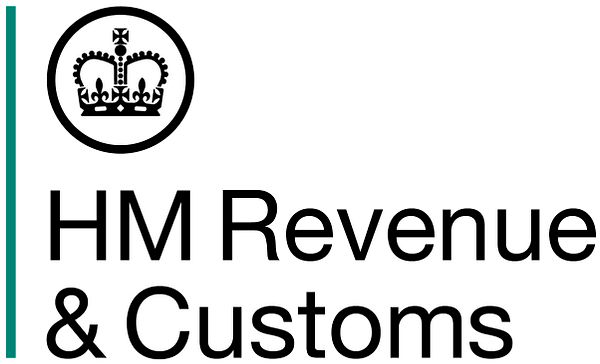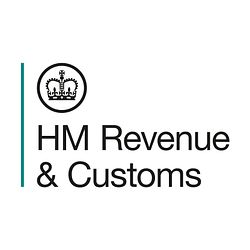
Press release -
Don’t get caught on the net by tax rebate phishing scam
Taxpayers reported almost 80,000 tax rebate phishing emails last year, HM Revenue and Customs (HMRC) have revealed today, as they warn people not to fall victim to the email scams sent by fraudsters.
The emails promise a tax refund in exchange for personal, credit card or banking details. However, people who respond risk opening their account to fraud and having details sold on to organised criminal gangs. Emails often link to a clone of HMRC’s genuine website to trick unsuspecting taxpayers into handing over their details, but HMRC never sends emails about a genuine tax rebate.
HMRC took action to close down 522 illegal sites in 2012, which showed these emails originated from a number of countries including the United States of America, Russia and Japan, as well as central and eastern Europe.
Gareth Lloyd, Head of Digital Security for HMRC said:
“HMRC does not email customers about tax refunds - we only ever contact customers who are genuinely due tax back in writing, by post.
“If anyone receives an email offering a tax rebate and claiming to be from HMRC, please send it to phishing@hmrc.gsi.gov.uk before deleting it permanently. HMRC does everything it can to ensure customers are safe online and we are working closely with other law enforcement agencies to target the criminals behind this serious crime.”
To help customers stay safe online, HMRC strongly advises customers to:
- Check the advice published at www.hmrc.gov.uk/security/index.htm where they can see if the email received is listed
- Forward suspicious emails to HMRC at phishing@hmrc.gsi.gov.uk and then delete it from your computer/mail account
- Do not click on websites or links contained in suspicious emails or open attachments
- Follow advice from www.getsafeonline.co.uk
- Anyone who has answered one of these emails should forward the email and disclosed details to security.custcon@hmrc.gsi.gov.uk
If you have reason to believe that you have been the victim of an email scam, report the matter to your bank/card issuer as soon as possible. If in doubt please check with HMRC at http://www.hmrc.gov.uk/security/fraud-attempts.htm
Notes for editors
1. The scam email often begins with a sentence such as ‘we have reviewed your tax return according to our calculations of your last years accounts a tax refund of XXXX is due.’
2. Legitimate tax rebate forms (P800s) from HMRC will contain a payment order and will never ask for credit or debit card details.
3. Typical details requested in these emails include – name, address, date of birth, bank account number, sort code, credit card details, national insurance number, passwords and mother’s maiden name.
4. The self assessment tax return deadline was 31 January, and last year we saw an increase in the number of a phishing emails being reported after this deadline.
5. Follow HMRC on Twitter @HMRCgovuk 6. HMRC’s flickr channel www.flickr.com/hmrcgovuk
Topics
Categories
Issued by HM Revenue & Customs Press Office
HM Revenue & Customs (HMRC) is the UK’s tax authority.
HMRC is responsible for making sure that the money is available to fund the UK’s public services and for helping families and individuals with targeted financial support.

